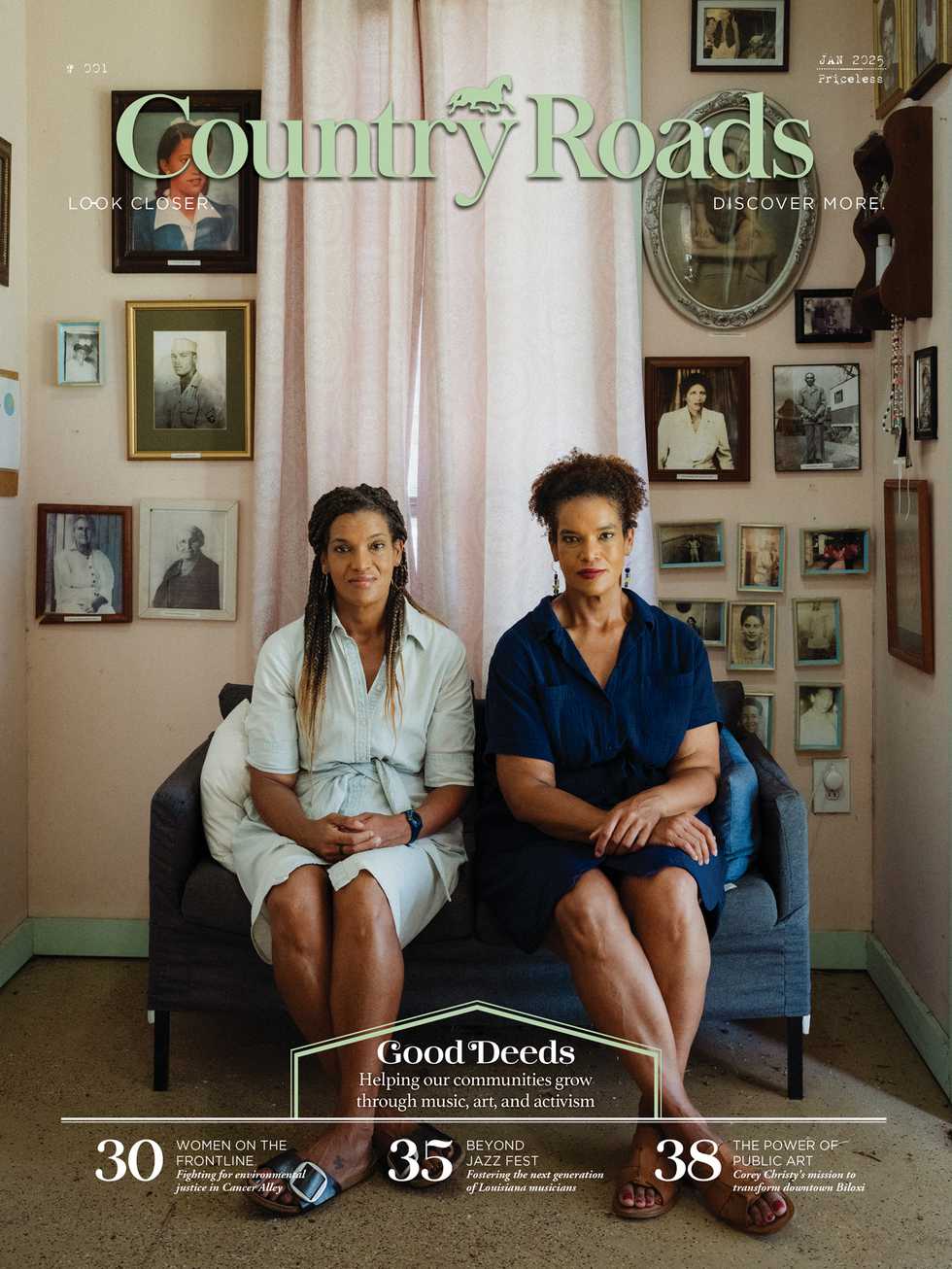
Denise Jans
Something about which my wife and I tend to agree is that our family should eat dinner together as often as possible. Before covid, when the kids were still living normal, over-scheduled teenaged lives (they’re fifteen and seventeen), getting everyone to the same table at the same time on a nightly basis was proving difficult. But now, with few other places to be but home, there is rarely a good excuse for either of them not to be with us for dinner. This is good.
Much has been written about the benefits of eating together as a family, among them being a tendency for kids to develop healthier eating habits; lower incidences of anxiety, depression, and substance abuse; a stronger sense of belonging; improvements in self-esteem; and unsurprisingly, the development of better communication skills. One thing it does not seem to improve is comic timing. As they’ve gotten older and their senses of humor bawdier, and without any other audience at the moment, the kids seem to be treating family dinnertime as a beta-testing site for comic routines—gauging how badly they freak their parents out before rolling them out on social media. Charles, especially, relishes dramatically presenting bizarre adolescent memes or incomprehensible song lyrics chosen to provoke maximum parental anxiety, then carefully analyzing various family members’ responses to determine their efficacy. Watching this “performance” puts me in mind of all the socially-distanced performances I’ve watched or listened to since the pandemic began. You know: the ones with awkward silences where the audience applause and laughter used to be. From virtual concerts to radio comedy to political convention speeches, I had never really considered the fundamental importance of the relationship between performer and audience, and between individual members of the audience, until that audience was gone.
What’s a joke without laughter? An applause line without applause? A touchdown without the cheering? The “being there” makes us into participants, not onlookers, reflecting energy back to the performers in the form of appreciation. Everyone benefits when this feedback loop is complete.
I am no scientist, but it occurs to me that much as the act of gathering for dinner creates social cohesion within a family, so too does gathering for a performance create cohesion within society. Whether the event is musical, theatrical, sporting, political, or religious hardly seems to matter. The important thing is that any kind of performance provides an invitation to join a group of people united in shared appreciation for the event at hand. It acts as a kind of filtering mechanism, drawing a disparate group of people together out of our large, diverse, pluralistic society and showing them what they have in common. It reminds us that, in our love for this, whatever it may be, we are not alone.
This goes both ways. Performers need audiences too. Just as our kids use our feedback at the dinner table to fine-tune their routines, so do musicians, comedians, and politicians need the feedback of their fans to make their performances complete. What’s a joke without laughter? An applause line without applause? A touchdown without the cheering? The “being there” makes us into participants, not onlookers, reflecting energy back to the performers in the form of appreciation. Everyone benefits when this feedback loop is complete.
We’re now living in the unwanted experiment that asks the question: What happens when a society is deprived of the opportunity to gather to experience live performance? The good news is that performing arts organizations are a creative lot, and they’ve come up with all sorts of ways to bring stages and spectators together across the digital divide. Since fall traditionally marks the beginning of a new season in the arts, we’ve been devoting the September issue of Country Roads to coverage of the performing arts for more than twenty years. This year is no different. This month we explore the ways in which the performers and performing arts organizations of Louisiana and Mississippi are rising to the challenge, coming up with diverse, effective, and beautiful ways of reaching their audiences, wherever they are. As they persevere, experiment, and evolve, it falls to us as audience members to sign in, show up, and offer our support until we can gather again. I’m not sure what the alternative looks like, but I suspect it might be the societal equivalent of eating microwaved ramen noodles alone in your bedroom.

